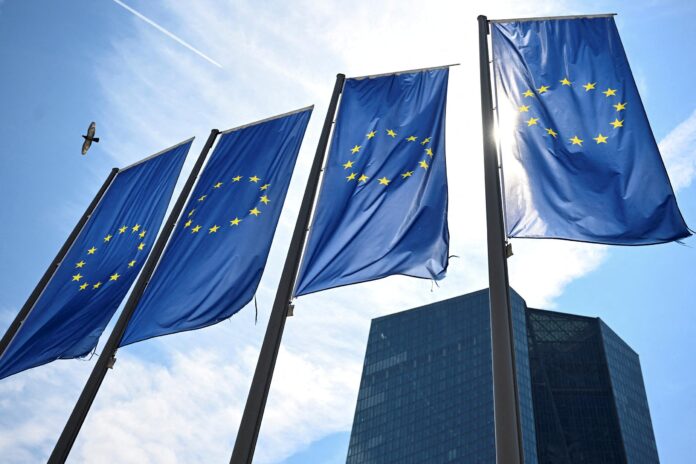Meta will stop running political ads on its platforms in the European Union from October 2025, blaming new “unworkable” EU transparency rules for what it called a “difficult decision.” In a statement released by the company on Friday, Meta said the EU’s new rules on transparency and targeting of political advertising (TTPA) had presented it with “significant operational challenges and legal uncertainty.”
From the start of October, users of any of Meta’s platforms in the EU will no longer see political, electoral or social ads, which Meta said can currently be placed by advertisers who have gone through an authorization process that verifies their identity. Such ads must also include a “paid for” disclaimer and information about how much was spent on them must be publicly available.
Meta says the TTPA rules impose significant restrictions on the targeting and delivery of ads, creating an “unacceptable level of complexity” for advertisers. The EU introduced the new rules to address widespread concerns about foreign interference in elections, as well as the potential manipulation of sensitive information that could influence how someone votes.
In addition to labeling political ads as such and providing information about their source and intent (which Meta says it already does), the EU rules, which will soon come into force, also include a number of conditions on the processing of personal data. The TTPA rules will also ban political ads from sponsors outside the EU earlier than three months before an election or referendum.
Meta said users of its platforms would see less relevant ads as a result of the restrictions, and that it made its decision after “extensive engagement with politicians” during which it made clear its concerns about the threat to “the principles of personalized advertising.” The company’s decision applies only to the EU, and Meta users, including politicians based in EU member states, will still be allowed to discuss and share political content, as long as it doesn’t constitute paid advertising.
Meta isn’t the only company objecting to the upcoming changes to EU rules, which are also set to take effect in October. Last year, Google stopped showing paid political ads in the EU, including on YouTube, and the company ultimately avoided fines for its allegedly “unfair” online advertising practices in 2019.









